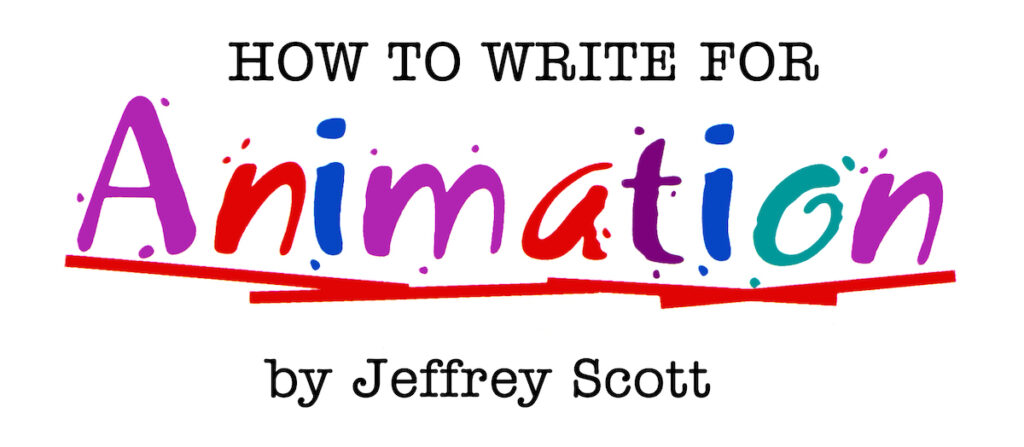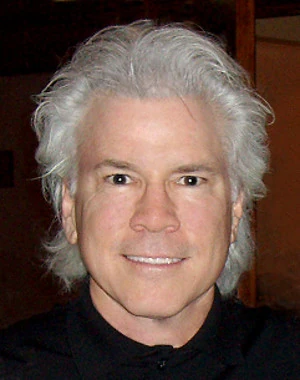

What is a writer’s first and most important tool? AI? Computer? Paper and pencil? Eraser? Wastebasket? It’s none of these. A writer’s most important tool is his mind.
“Of course,” you say, “everyone knows that.” Perhaps. But very few people truly understand what their mind is made of.
You wouldn’t think much of a professional auto racer who didn’t have a clue about engines and drive trains. Without such an understanding they would be at the mercy of mechanics. They’d be driving a mystery down the track, not knowing what was going on with each whir and click of the engine. Was that chatter a gear properly changing . . . or a clutch about to blow?
Similarly, a writer without an understanding of the mind is at the mercy of any stray thought that wanders past.
What is a mind? Our minds, by practical observation, are made up of countless images of our past experience. Stored away in our minds, to greater or lesser degree of availability, is everything we have experienced in the past. If you don’t believe it just try this simple experiment: Recall the earliest time you rode a bicycle as a child! Can you recall what colour the bike was? Did it have two wheels or three? Can you recall the environment through which you rode? What were you wearing at the time? Where were you going? Were you happy or sad? It’s all there, like data in a computer, neatly stored in your memory bank, filed under childhood, cross-filed under time, date, bike, colour, emotions, etc., and just waiting for you to put attention on them and bring them back to life.
And therein lies the secret to all writing. All you have to do is ask your mind a story question and it will instantaneously scan your mental database and come up with an answer. Some minds work slower than others but trust your mind to find the best answer with the available data. This is all I do when I write. I ask questions like, “What would Spider-Man do if he saw a man accosting a small boy and at the same time a train speeding toward a stalled car?” There is no effort in it. The best answer you have just comes. Some minds work so fast that they give you the answer before you have time to articulate it. But trust me, you asked it. And the answer will come.
So, the mind is the most useful tool of a writer—a file cabinet full of images of a lifetime, your very own experiential database. The more experience you have, whether of things you actually did or movies you watched, books you read, stories you heard, the more you have to draw on. The more you understand the world around—physics, logic, history, philosophy—the more able you are to come up with the best answers to your story questions.
You’ve probably heard that most great writers have led fascinating lives. Hemingway lived in France, Florida, and Spain, fought wars, fought bulls, battled marlins and men in bars. This all makes for good stories. But don’t worry. All lives are filled with story material. Fortunately, not everything has to be experienced to write about it. If that were true I would dead after writing all those bits with grand pianos falling on characters’ heads.
©Jeffrey Scott, All Rights Reserved
(Jeffrey Scott has written over 700 animated and live-action TV and film scripts for Sony, Warner Bros., Disney, Marvel, Universal, Paramount, Columbia, Big Animation, Hanna-Barbera and others. His writing has been honoured with three Emmys and the Humanitas Prize. He is author of the acclaimed book, How to Write for Animation. To work with Jeffrey visit his website at www.JeffreyScott.tv.)
Read other articles from this series:
#1 The difference between live-action and animation writing
#3 It all begins with a premise
#4 The secret to developing your story
#5 Finding the scenes that Must be there
#7 How to easily transform your outline into script
#8 A brief introduction to script writing
#9 How long should your scenes be?
#10 How to (and NOT to) edit your writing
#13 The importance of communication
#17 Assuming the point of view of your audience
#23 The screenwriter’s bookshelf
#25 Creating an animated series
#27 Developing your series concept
#28 Real vs. Cartoonish characters
#29 Making your series more sellable
#30 The basic elements of an animated series
#31 The four vital elements of an animated series bible
#34 How to sell your script or series
#35 How to break into animation writing without an agent
#37 How to prosper in toon town
